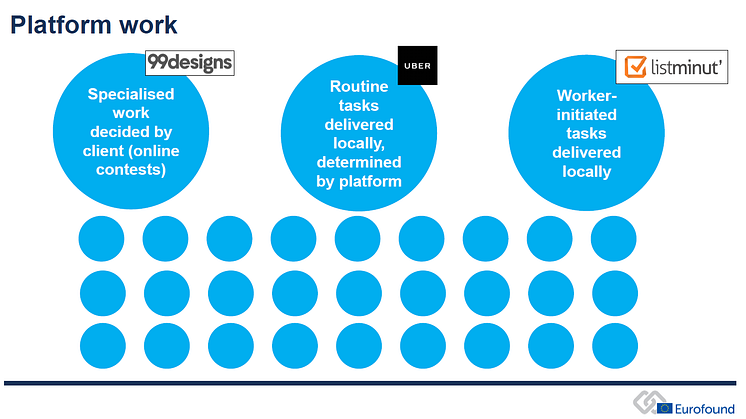Restructuring: Announced losses, gains and impacts on those who remain
This graph, taken from the latest European Restructuring Monitor (ERM) report, shows the announced job losses and gains since 2008.

This graph, taken from the latest European Restructuring Monitor (ERM) report, shows the announced job losses and gains since 2008.

Platform work is neither good nor bad – it just is. We need to adapt to this reality by finding ways to capitalise on the positive while at the same time counteracting the negative. This needs to be done in a differentiated way, taking account of the great variety in platform work. One-size solutions simply will not fit all.

The equal treatment of women and men has been a fundamental principle of the European Union since its inception, but women in Europe still earn on average 16.2% less than men. Tomorrow, Saturday 3 November, marks the moment in the year when women symbolically stop getting paid compared to their male colleagues.

Restructuring is a common feature of labour markets and work organisation. While much research in this area primarily concentrates on the implications for those that lose their jobs, the latest report on restructuring from Eurofound focuses on the impacts for those that remain in an organisation.
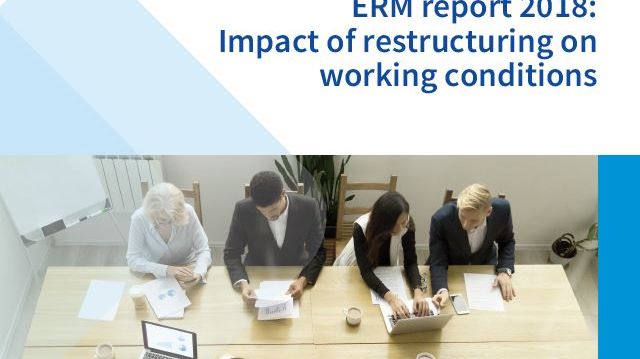
2017 was a good year for the majority of EU Member States in terms of recovery of employment. However, while the EU28 as a whole is now exceeding its pre-crisis employment rate, in 2017 it was still 2.8 percentage points short of its 2020 target of an overall employment rate of 75%. In addition, several Member States' employment rates continue to lag behind those witnessed a decade ago.

Few events challenge the equilibrium between work and life like the arrival of a child. As gender roles continue to change in Europe, supporting the uptake of paternity and parental leave among fathers is fundamental, not just to close the ‘caring gap’ between men and women, but also to provide the best possible outlook for coming generations.

Today is World Mental Health Day, a yearly event held by the World Health Organization with the overall objective of raising awareness of mental health issues and mobilising efforts in support of mental health. Eurofound has made a limited number of copies of its latest report on Burnout in the workplace available to order, free of charge, via its website

Feelings of insecurity in several dimensions of life are widespread in the EU, even among those who are materially well-off. Only 1% of the EU population enjoys the highest level of security in the combined areas of personal security and security in housing, healthcare, employment and old-age income.
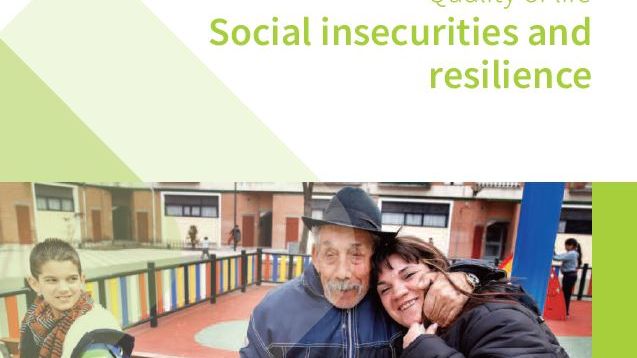
On average, women make up 36% of all managers in Europe. Some of the newer Member States lead the way in terms of the equal representation of men and women both in labour markets and in management. This graph shows the female share of management in each of the Member States.
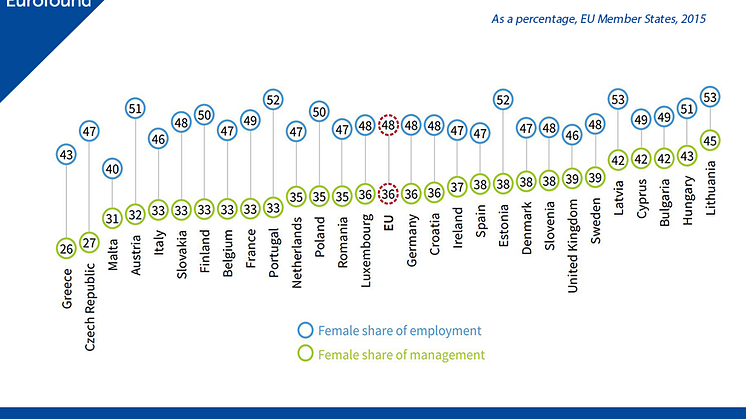
Management is still mostly a man's game. The limited presence of women in management roles in European workplaces, despite years of gender equality policy, illustrates the magnitude of the challenge in achieving gender equality at work and highlights the need for more concerted effort and comprehensive long-term strategies to drive change.
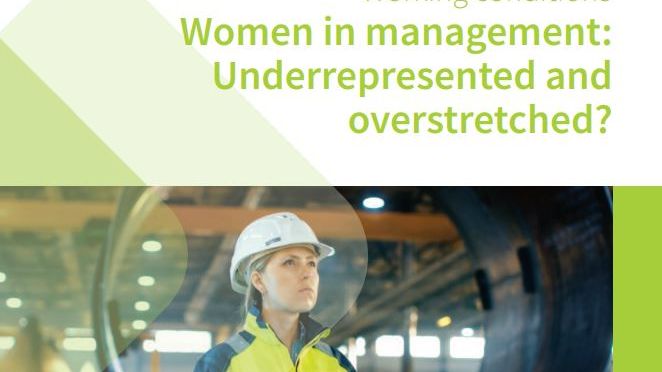
Today is European Day of Languages, a yearly event that celebrates the linguistic diversity of a continent with over 200 European languages, 24 official EU languages, around 60 regional or minority languages, and many more spoken by people from other parts of the world.
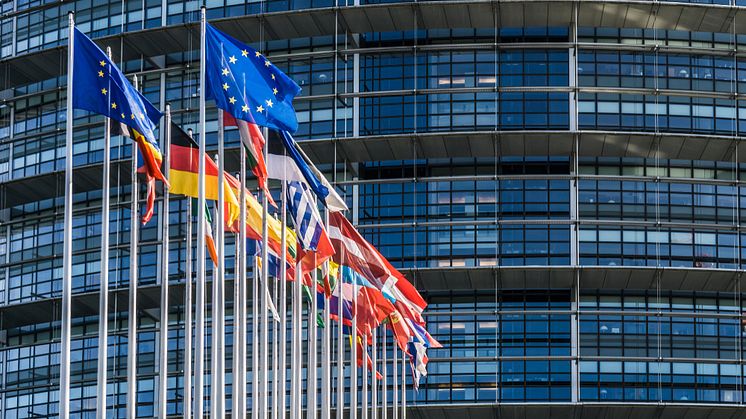
Platform work is still small in scale in Europe, but it is rapidly growing and becoming increasingly important for the digital economy. Much needs to be done, not just to track and adapt to its development, but also to ensure that we have a common definition of what platform work is and how it impacts the broader world of work.
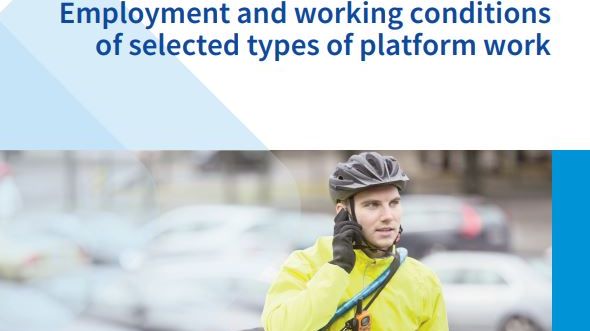
The effects of burnout on workers can be severe; without detection and proper treatment burnout symptoms can last several years – impacting not just the health of individual workers, but also business success and broader economic performance. However, a lack of clear definition and understanding of burnout has resulted in a disparate and fragmented policy response at national level.
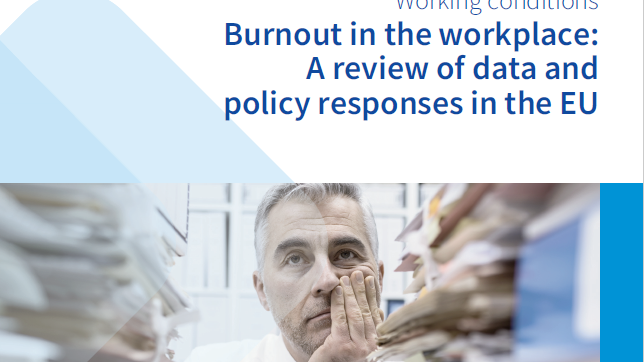
The importance of physical tasks in manufacturing is generally declining due to automation; with more intensive use of digitally controlled equipment, and the increasing importance of quality standards, resulting in a growing amount of intellectual tasks for manual industrial workers.
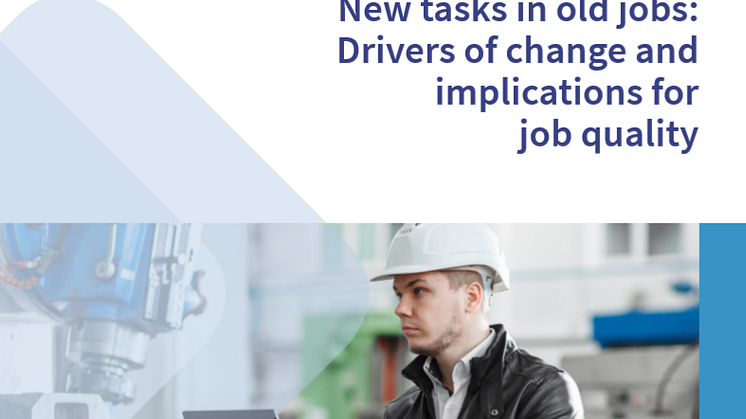
Eurofound's forthcoming policy brief focuses on women who have overcome the barriers and advanced into management. It aims to assess whether women, once they have reached a managerial role, continue to encounter obstacles that their male counterparts do not face.

In September Eurofound will release a new report on Burnout in Europe, examining what causes burnout, the effects of burnout, and mapping where in Europe it is considered an occupational disease.

As the European Union recoups the losses of the crisis and seeks a sounder footing for future growth, the concept of convergence has taken centre stage in the policy discourse. But what do we mean by ‘convergence’ in the European context?
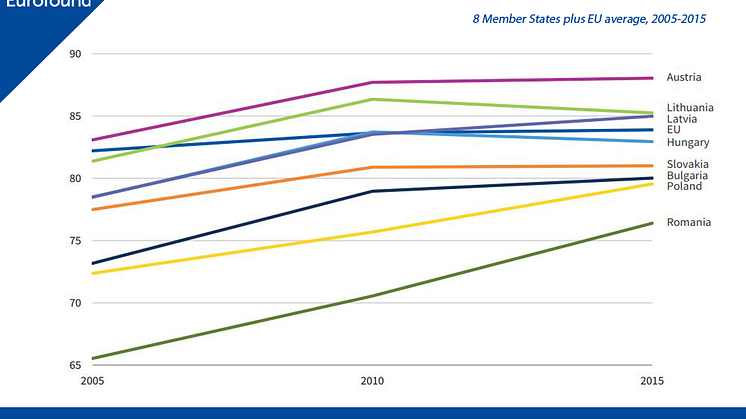
Smartphones and mobile technologies are increasingly important in our everyday lives; by expanding opportunities to telework, have they also transformed the world of work?
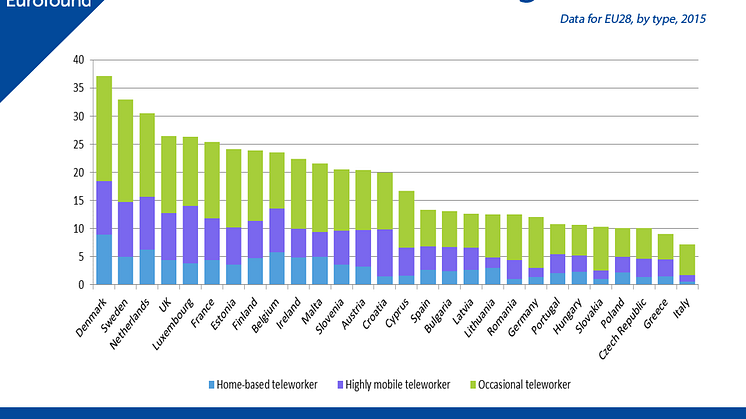
It seems that social structures are hardening. As the modernisation of economies subsides, fewer new jobs are being created at the higher occupational levels, and this is curtailing upward mobility.
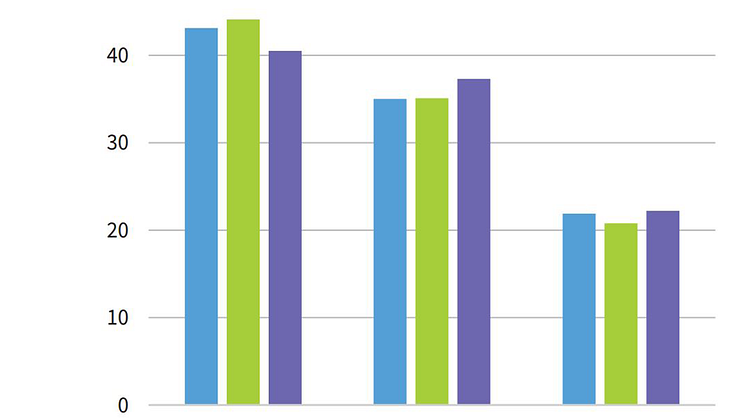
@JuanMenendezEF presents #eurofound latest research findings on #platform #work and employment conditions at the informal #EPSCO #eu2018at today 19 July 2018
